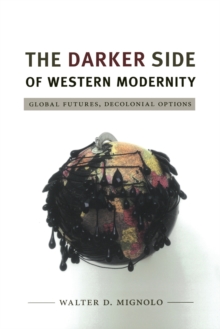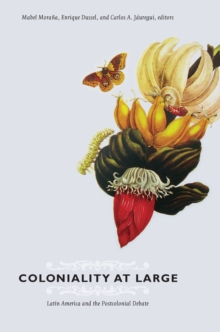
Trading Roles : Gender, Ethnicity, and the Urban Economy in Colonial Potosi PDF
by Mangan Jane E. Mangan
Part of the Latin America Otherwise series
Description
Drawing on wills and dowries, judicial cases, town council records, and royal decrees, Mangan brings alive the bustle of trade in Potosi. She examines quotidian economic transactions in light of social custom, ethnicity, and gender, illuminating negotiations over vendor locations, kinship ties that sustained urban trade through the course of silver booms and busts, and credit practices that developed to mitigate the pressures of the market economy. Mangan argues that trade exchanges functioned as sites to negotiate identities within this colonial multiethnic society. Throughout the study, she demonstrates how women and indigenous peoples played essential roles in Potosi's economy through the commercial transactions she describes so vividly.
Information
-
Download - Immediately Available
- Format:PDF
- Pages:296 pages
- Publisher:Duke University Press
- Publication Date:17/05/2005
- Category:
- ISBN:9780822386667
Information
-
Download - Immediately Available
- Format:PDF
- Pages:296 pages
- Publisher:Duke University Press
- Publication Date:17/05/2005
- Category:
- ISBN:9780822386667










